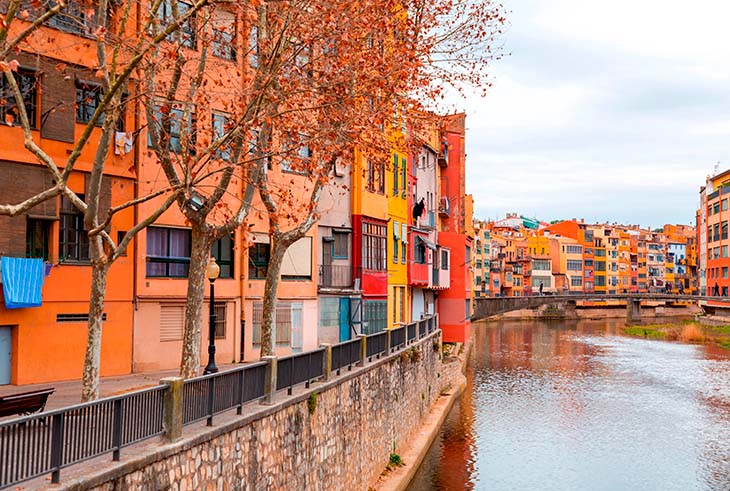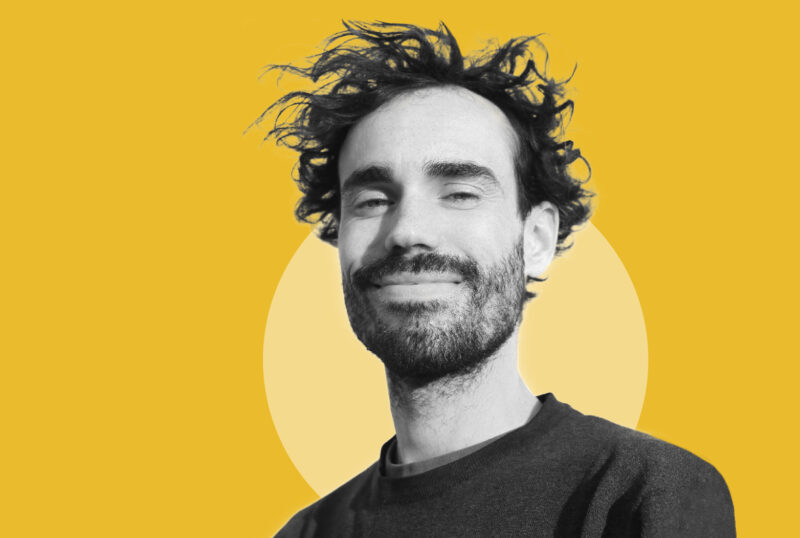

Spain: A socio-economic model in decline
Social exclusion, job insecurity and difficult access to housing are some of the factors that generate anxiety and depression in a large part of the population. This deterioration in quality of life is related to one of the highest consumptions of anxiolytics in Europe and calls into question the sustainability of the current socio-economic model.
Despite losing positions in the ranking in recent years, according to foreign organisations, Spain remains among the nations with the highest quality of life index among developed countries. Not only this, but all the expats- an euphemism for immigrants from ‘first world’ countries – who live and work in Spain continue to choose it as the country with the highest quality of life.
This optimism, however, does not seem to be shared by the country’s autochthonous residents. This conclusion is drawn from a recent eco-social study by the FUHEM Foundation on Quality of Life in Spain. In fact, after analysing Spanish society focusing on three areas – expenditure, resources and work – it concludes that the quality of life of Spaniards has worsened significantly in recent years.
Specifically, the report points out that almost half of Spaniards feel lonely and that 27% of the population, or one in four people, are at risk of poverty or social exclusion. The social researchers who drafted the report state that this social isolation generates anxiety and depression, and connect this with the increase in the consumption of anxiolytics in Spain, one of the highest rates in Europe.
Decent work, access to housing and social protection
The prevalence of job insecurity is reflected in the fact that around 15% of the employed population in Spain is also at risk of poverty or social exclusion and that child poverty affects one in three children under the age of 16. In this context, two out of ten Spaniards live in substandard housing conditions, unable to maintain an adequate temperature in either winter or summer.
On the other hand, while 58.1% of young people had access to home ownership in 2007, today this figure has dropped to 25%. Today, it takes seven years of income to buy a home, a far cry from the 2.8 years required three decades ago. Furthermore, although the cost of renting a home should not exceed 30% of income, four out of 10 people spend 40% of their salary and one-fifth more than 60%, 6 points higher than in 2018 and 12 points higher than in 2014.
The cuts in public spending have been reflected in the lack of supply of social rental housing, which in 2020 represented only 1.1% of the total, a clearly insufficient percentage to cover the 4.5 million people who are in a situation of residential exclusion. This is a real estate model that not only makes it difficult for citizens to access housing but also gives preference to large investment funds and banking corporations.
The urgency of changing towards a more sustainable model
The study also questions our model of production and consumption that “has placed life under the tyranny of efficiency and performance”. Living an unhealthy life leads to higher levels of “permanent fatigue”, especially for poorer households that cannot afford a more varied and quality diet.
This is a problem that has been exacerbated by the rising cost of basic foodstuffs and the growing tendency to shop in large supermarkets, which the report links to the rise in obesity in Spain, one of the European countries where it has increased the most in recent years.
The NGO also stresses the need to stop the territorial fragmentation that causes social and ecological deterioration, pointing out that the mobility model based on private vehicles and roads is “highly inefficient”. In this sense, they warn that the public investments that have been made for the construction of large infrastructures respond more to private interests than to the public interest. In short, it is an unsustainable production, investment and society model that facilitates inequalities, castrating social cohesion and environmental balance.
One of 11Onze’s objectives is to transform realities that we do not like. We have an active, conscious and responsible community. Enter 11Onze Rolls Up its Sleeves to find out how you can contribute to helping other people around the world.
Leave a Reply
You must be logged in to post a comment.





Gràcies
Gràcies a tu, Joan, per ser-hi i per seguir-nos!!!
👍
Gràcies, Manel!!!
Està bé, pero el vehicle privat I sobretot el carnet de conduir han fet més per la llibertat de les dones, principalment a pagès, que moltes lacrimògenes reivindicacions feministes.
Per tenir en compte quan es parla de depressions.
Catalunya no és només l’ AMB.
Ja tens raó ja, Mercè, amb el que dius…. Moltes gràcies pel teu comentari!!!